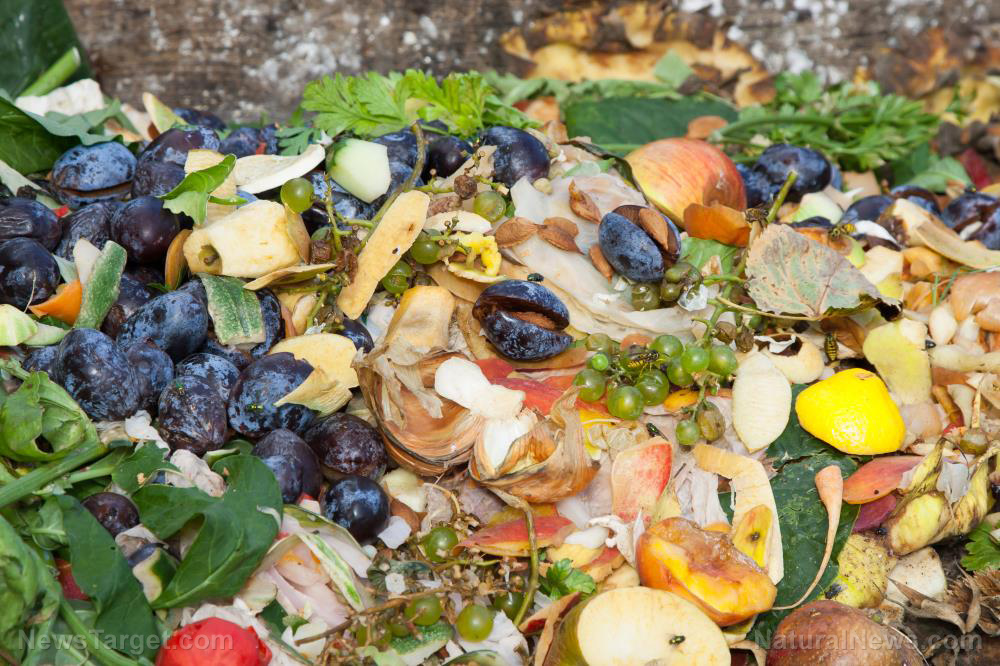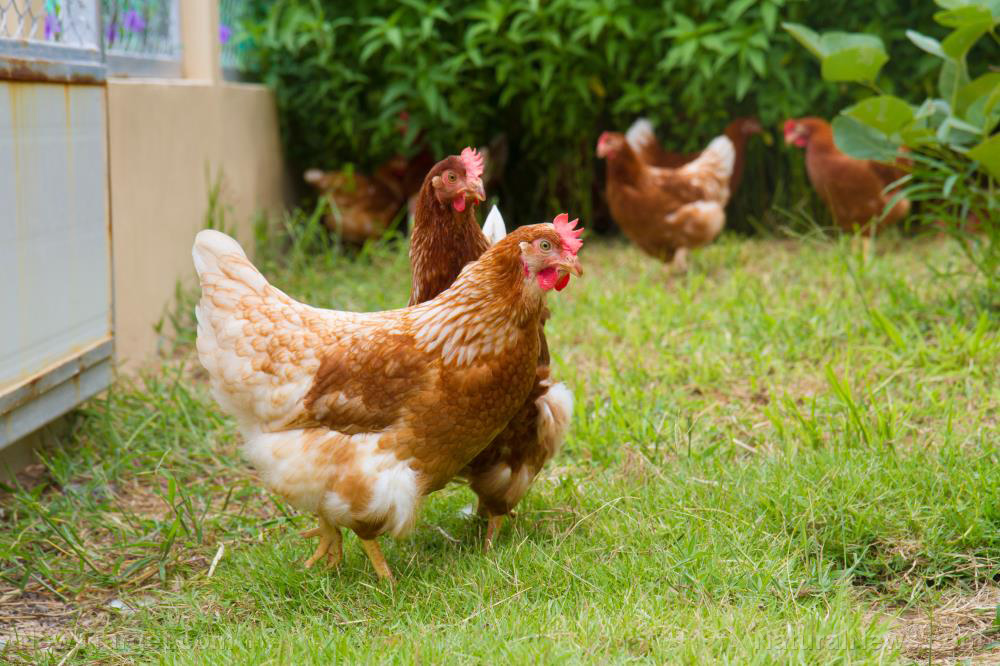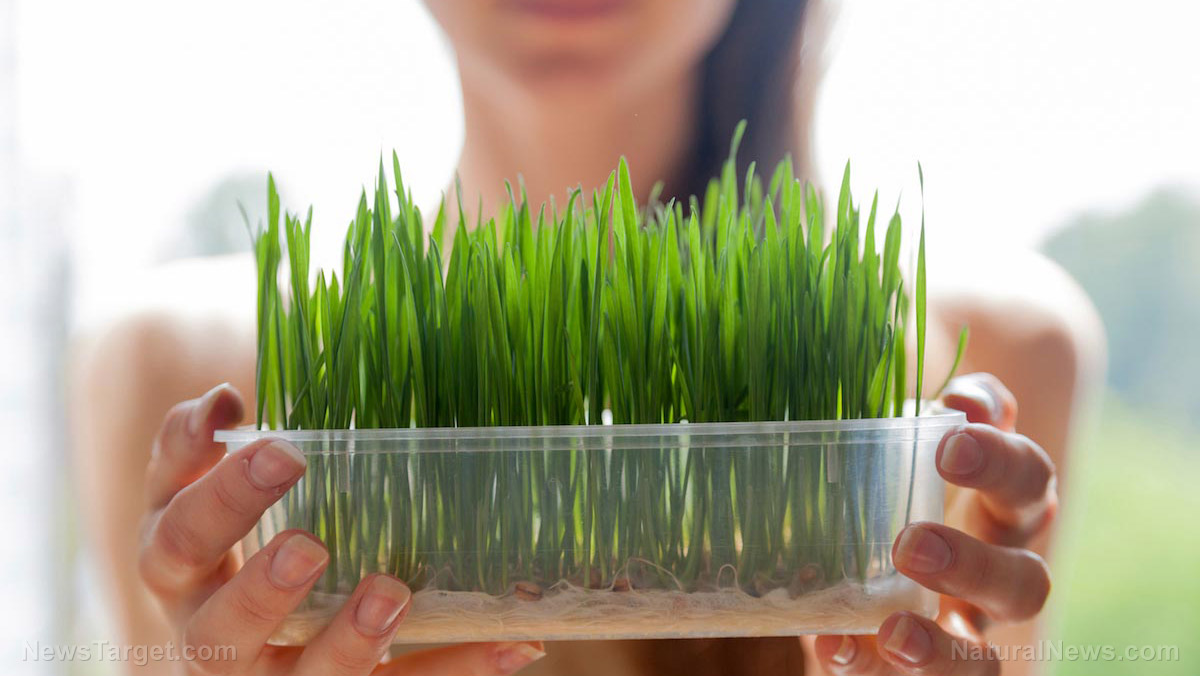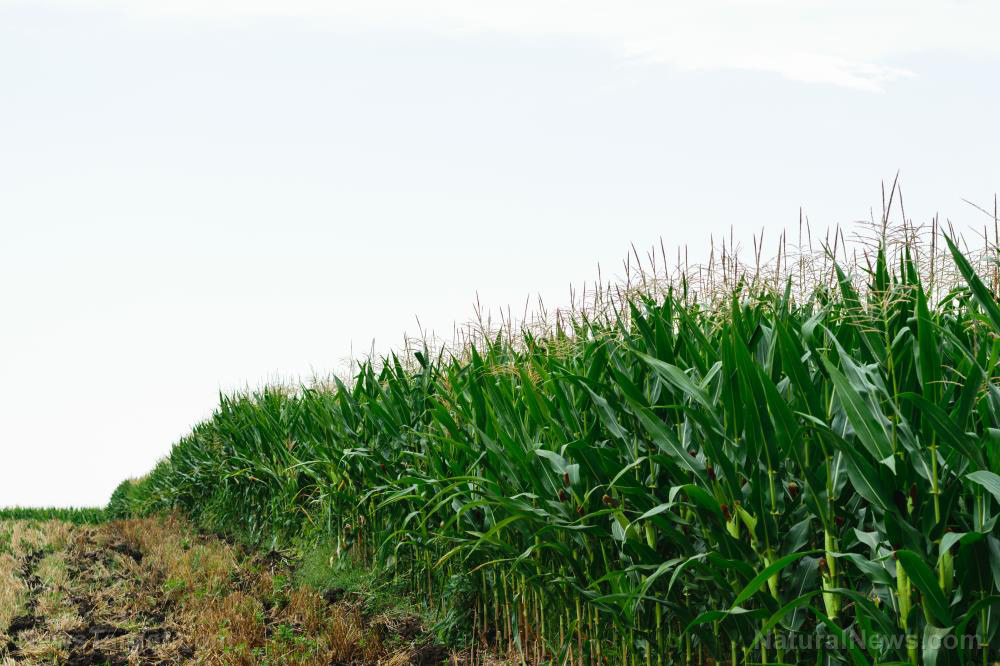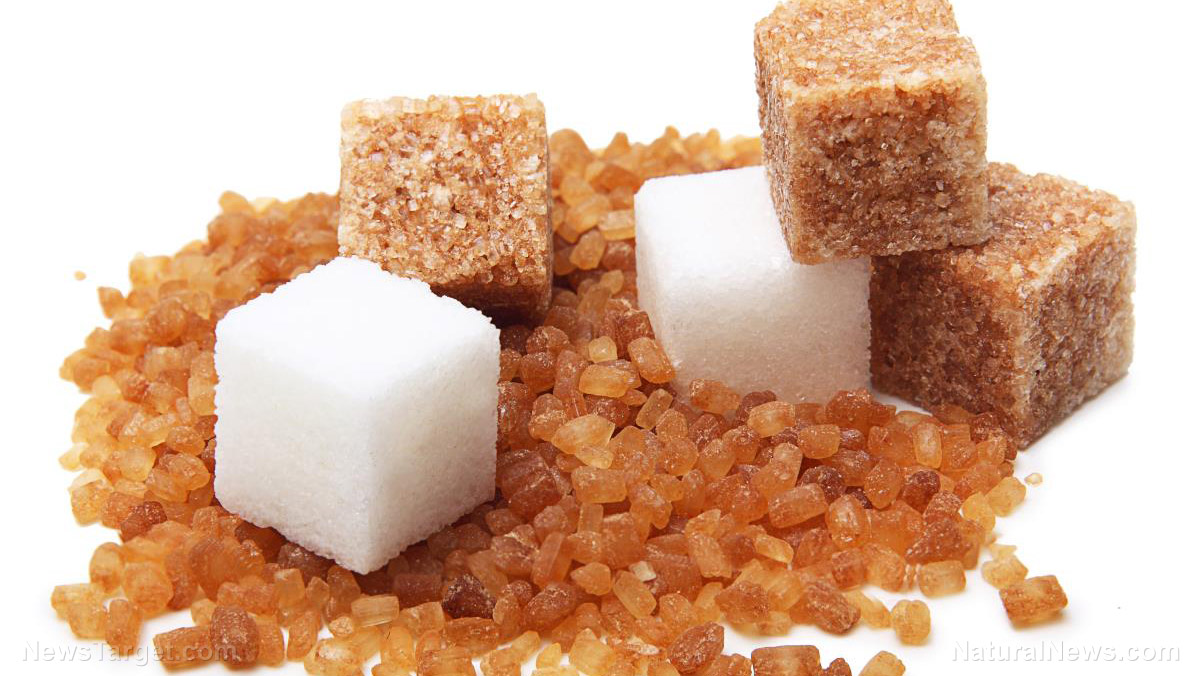Waste not, want not: 10 ways to reduce food waste
07/16/2019 / By Zoey Sky

At least one-third of all the food produced in the world is thrown away for different reasons, and this food waste amounts to a whopping 1.3 billion tons annually. If you want to help minimize food waste in your own home, make small changes such as storing food properly and cleaning out your fridge regularly.
Compared to other developing nations, the U.S. is one of the leading contributors to global food waste. In 2010, an Environmental Protection Agency (EPA) report revealed that the average American produced at least 219 pounds (99 kg) of food waste.
Mindfulness can help reduce food waste
Tackling food waste doesn’t have to be a complicated endeavor. If you want to do your part, start making these small changes at home to avoid this harmful practice.
(1) Make a grocery list.
Avoid impulse buying by making a list of everything you need before you head to the store. Have a snack before you leave the house, so you don’t buy junk food just because you start feeling hungry while you’re shopping.
(2) Give ugly produce a chance.
Picture-perfect produce and ugly vegetables taste the same, so don’t waste time looking for a pretty tomato. You can even save some money by shopping at the “ugly” fruit and vegetable section, which offers produce that’s often sold at a lower price to help minimize food waste. (Related: Simple tips and ideas to avoid food waste.)
(3) Practice proper food storage.
Food often goes to waste because people don’t know how to properly store fresh produce, which can cause premature ripening and, finally, spoilage.
Some food items that should never be refrigerated include cucumbers, garlic, onions, potatoes, and tomatoes. These should be kept at room temperature.
You should also separate foods that produce more ethylene gas, which can promote ripening in other foods.
Fruits and vegetables that produce ethylene gas while ripening include:
- Avocados
- Bananas
- Cantaloupes
- Green onions
- Peaches
- Pears
- Tomatoes
(4) Make your own lunch.
Buying your lunch every day isn’t just hard on your budget; it can also contribute to food waste. To save money and reduce your food waste, pack some leftovers, and eat them for lunch the next day.
You can save some prep time in the morning by freezing leftovers in portion-sized containers. Take your healthy pre-made lunches to school or work every day.
(5) Clean out your fridge regularly.
Minimize food waste by keeping your fridge organized. Try using the FIFO method, which stands for “first in, first out.”
If you buy another carton of milk, put the new carton behind the old one. This way, the older carton gets used up first before you open the new carton of milk.
(6) Save (and eat) leftovers.
Saving excess food from large meals is useless if you end up throwing away your leftovers. Keep leftovers in a clear glass container so you can keep track of what’s still in your fridge before you cook something else.
Eating leftovers will also help you save time and money.
(7) Preserve your own produce.
If you cultivate your own garden, learning how to preserve food can also help you save a bit of cash. Common food preservation methods include curing, drying, and pickling, all of which can be done right in the comfort of your own home.
Why pay for an overpriced jar of pickles if you can make some in your kitchen?
(8) Eat fruit and veggie peel.
The skins of fruits and vegetables are full of nutrients. Just make sure you buy and eat fresh, organic produce to avoid harmful pesticides.
For example, apple skins are rich in fiber, vitamins, minerals, and antioxidants. Apple peel contains triterpenoids and this group of compounds functions as powerful antioxidants in the body. Triterpenoids may even help fight cancer.
Other fruits and vegetables with nutritious peel include:
- Berries
- Carrots
- Cherries
- Cucumbers
- Eggplants
- Kiwis
- Mushrooms
- Parsnips
- Peppers
- Potatoes
(9) Turn peels and stems into a healthy smoothie.
If you’re not in the mood to eat fruit and vegetable ends, peels and stems, turn them into a delicious and nutritious smoothie instead.
You can make a smoothie using the following ingredients:
- Beet tops
- Carrot tops
- Chopped broccoli stalks
- Kale stems
- Overripe bananas
- Strawberry tops
- Swiss chard stems
- Wilted herbs
(10) Compost food waste.
You can improve the soil quality in your garden by composting food scraps, which helps turn food waste into energy for your crops. Use an outdoor composter if you have a large garden and a countertop composter if you have limited space in your apartment.
Be more mindful about the food you purchase and consume to minimize food waste. Recycling food scraps won’t just help you save time and money; it can also help save the environment.
Sources include:
Tagged Under: Ecology, environment, environmental protection, Food Preservation, Food storage, food waste, green living, home gardening, recycling, recycling tips, renewable resources, self-reliance, stop food waste, sustainable living, Zero Waste, zero waste lifestyle, zero waste living
RECENT NEWS & ARTICLES
COPYRIGHT © 2017 FOOD COLLAPSE



